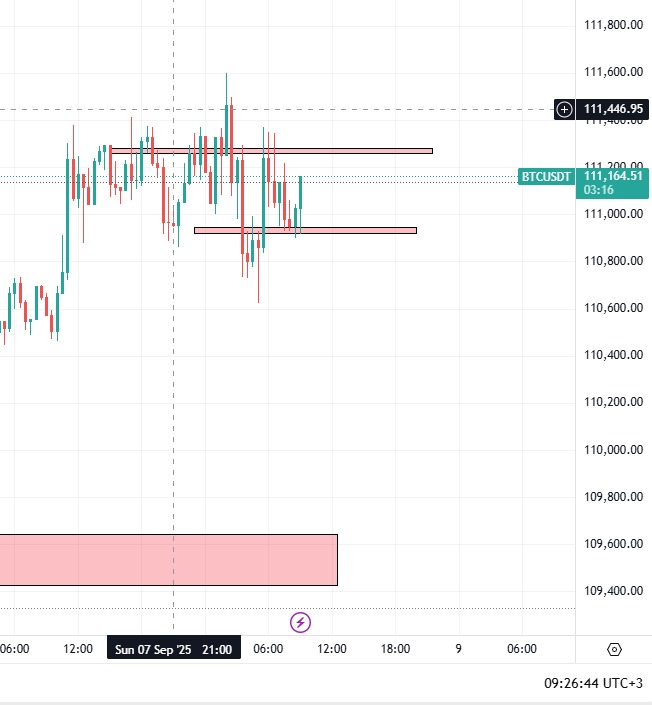Prop trading offers freedom and fulfillment, but also risk and frustration. Success depends on discipline, emotional control, and learning from common mistakes. Here are the ten most frequent errors traders make in proprietary trading and, most importantly, how to avoid them.
1. Trading Without a Plan
A trading plan is the foundation of every professional trader. Without one, you surrender to emotions and randomness. Many traders rely on gut feelings or social media tips — that is not trading; it’s gambling.
How to fix it: Build a clear plan that defines your entry and exit rules, risk limits, and the conditions under which you will not trade. Backtest and refine it. Most importantly, stick to it regardless of what the market tempts you to do.
2. Ignoring the Demo Account
Some traders dismiss demo trading as unrealistic because there’s no emotional pressure. Yet, that’s the point — it’s the safest environment to master execution.
How to fix it: Treat your demo account seriously. Execute trades as if real money were at stake. Focus on process and consistency, not profits. When you can trade your plan mechanically in demo, you are ready for a live challenge.
3. Skipping the Trading Journal
Without data, you’re flying blind. Memory is biased and unreliable. A trading journal gives you objective insight into your performance and emotional tendencies.
How to fix it: Record each trade’s rationale, setup, emotions, and outcome. Review your notes weekly. Over time, patterns of strength and weakness will appear — a map for growth you can’t get any other way.
4. Overconfidence After Winning Streaks
Success can be dangerous. After several wins, traders often double position size or break rules. The market soon punishes arrogance.
How to fix it: Keep position sizing consistent. Remember that short-term success does not prove long-term skill. The best traders behave the same after five wins or five losses — steady, disciplined, and calm.
5. Chasing the Holy Grail
There is no perfect strategy. Every trader goes through a phase of hopping from one method to another, looking for a magic formula. The truth: nearly any sound strategy can work if applied with discipline and patience.
How to fix it: Choose a strategy that fits your schedule and personality. Study it deeply, adapt it to your style, and stay loyal to it through both winning and losing periods.
6. Neglecting Trading Psychology
Emotions drive markets — and traders. Fear, greed, ego, and revenge are more powerful than indicators. Traders who think they are immune to emotion often learn the hard way.
How to fix it: Be aware of your emotions. Accept them but don’t let them dictate action. Follow your rules, not impulses. View trading as a mental discipline as much as a technical one.
7. Ignoring Money Management
Risk management separates survivors from blown accounts. Even the best system fails if you over-leverage.
How to fix it: Limit your risk per trade to 0.5–1% of your account. That small number preserves your capital through drawdowns and gives you the psychological safety to trade rationally.
8. Trading Out of Boredom
Boredom kills more accounts than bad setups. When markets are slow, impatient traders invent trades just to feel active.
How to fix it: Define trading hours and respect them. If your strategy gives no valid signal, don’t trade. Discipline also means knowing when not to act.
9. Trading Without Data
You can’t improve what you don’t measure. Many traders don’t know their win rate, risk-to-reward ratio, or average drawdown — they simply guess.
How to fix it: Track your statistics. Use spreadsheets or tracking software. Data reveals whether your edge is real or imagined and helps identify where you lose most capital.
10. Fighting the Trend Without a System
Counter-trend trades are tempting but dangerous. Without precision timing and strict risk controls, the trend will crush you.
How to fix it: Respect higher timeframes. If you trade against the trend, do so with tight stops, small size, and clear invalidation points. Flexibility, not stubbornness, keeps you alive.
Conclusion: Mistakes Are Lessons
Every trader, from beginner to veteran, makes mistakes. The true difference between amateurs and professionals isn’t the absence of errors — it’s how quickly they learn from them. Prop trading rewards those who are disciplined, data-driven, and self-aware. Master these ten lessons, and you’ll build the mindset that sustains success over the long term.

